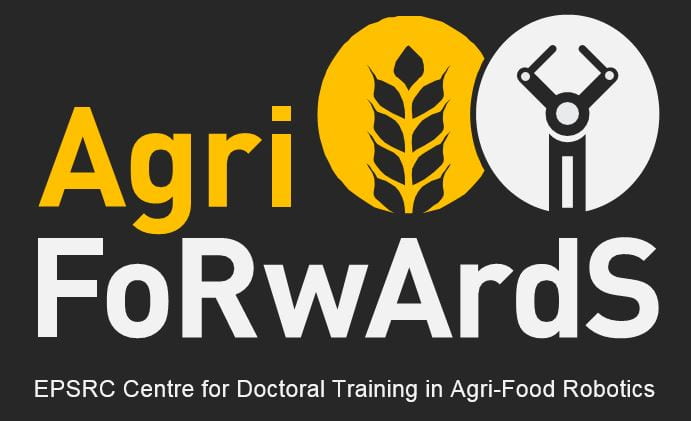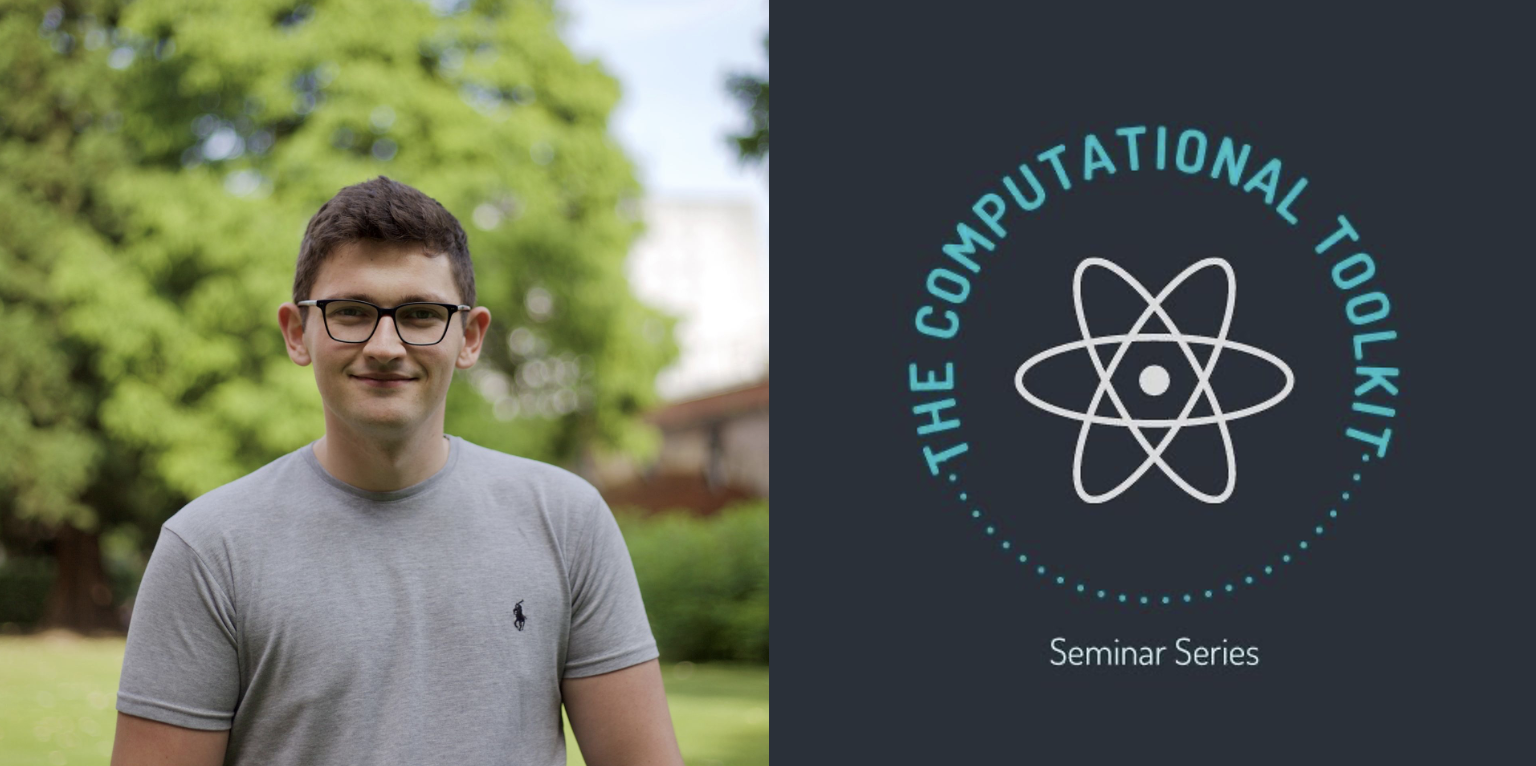Cohort 3 AgriFoRwArdS CDT student Kyle Fogarty, took part in a new weekly seminar series hosted by the University of Warwick, EPSRC CDT in Modelling of Heterogeneous Systems (HetSys). This series focuses on key computational skills which are used in everyday research.
The aim of the series is to create a “computational toolkit” of resources and tutorials, aimed at helping those just beginning in a research field, and offering a more practical introduction to computational science as a whole.
Here, Kyle shares his experience of collaborating with the HetSys CDT, and taking part in this series.
How did you get involved?
I originally heard about the computational seminar series when April Walker (AgriFoRwArdS CDT Project Co-Ordinator), shared an email from the seminar organiser Idil Ismail, from the HetSys CDT at Warwick. Idil was planning on putting together a student lead series that aimed to introduce key computational research skills that students had acquired through their research. I thought this was a great initiative, so I reached out to volunteer to give two talks.
When was the seminar held?
The seminar was held on the 22nd and 29th March. My first presentation on the 22nd was ‘An introduction to Uncertainty Quantification‘ and the second presentation on the 29th was ‘An Introduction to Uncertainty Quantification: Random Walk Metropolis-Hastings Algorithm‘.
What motivated you to talk about Uncertainty Quantification?
Prior to joining the CDT, I studied for an integrated Master’s degree in Mathematics and Physics at the University of Manchester. There, I was involved in a project related to analysing Neutron Bragg edge spectra to extract information about the internal residual strain of materials. In this work, I sought to demonstrate that the second moment of the strain distribution could successfully be obtained, which is necessary for the mathematical reconstruction of the strain tensor field.
To make our results more rigorous, I employed Hamiltonian Monte Carlo (HMC) to propagate uncertainty in the canonical Bragg edge model function. Through this project, and several parallel course units in Manchester, I learned a lot about uncertainty quantification, and I saw this seminar series as a great opportunity to share these powerful data and model analysis tools with other students.
How did you prepare for the seminars?
When I came to preparing the seminars, I found two things tricky: First, I was aware that I needed to keep my talks relatively short, but I also wanted to ensure the talks were as accessible as possible; therefore, I needed to find a balance between revising fundamental concepts and introducing the new methods – this was trickier than I anticipated!
The second challenge was dealing with having to pre-record the talks. Pre-recording the talks offered the opportunity to make mistakes and rerecord parts, which might sound like a benefit at first, but this led me to a battle with my desire to perfect my delivery of the talk by recording it several times, wasting lots of time! I improved this process by the second week by writing a few bullet points about what I wanted to cover on each slide, which made the process much smoother and saved a lot of time.
I am thankful to the HetSys group in Warwick for giving me the opportunity to give these talks and I believe this has already allowed me to improve my ability to deliver online, a skill I am sure will be useful for completing my PhD.
Congratulations Kyle for being an invited speaker within this fascinating series. Presenting and working with a diverse field of scientists and engineers across all disciplines, is a key component of being a successful researcher. It is great to see the new cohort of students working in collaboration and building these valuable skills. We look forward to your future seminars!

